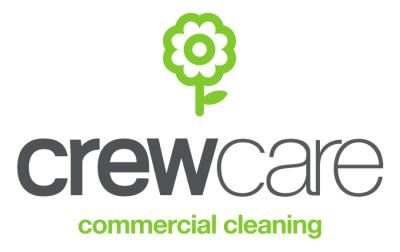MANZ is developing a new strategic plan for 2015-19. One focus of this work is on developing a viable, sustainable Montessori-qualified workforce for Montessori early childhood centres and schools in New Zealand.
To begin this new focus, MANZ gathered baseline data from Montessori current employers and the existing workforce. The census ran from July – September 2014.
Summary
Who replied?
55% of MANZ early childhood employers responded. 148 Montessori early childhood teachers responded.
85% of MANZ primary plus employers responded. 35 Montessori primary plus teachers responded.
What did we find out?
Montessori early childhood
- Montessori early childhood employers report 59% of the workforce has worked in Montessori for four years or less, and 23% have worked for one year or less.
- Montessori early childhood employers report the majority of teachers held Aperfield Montessori diplomas (32%), 21% AMI 3-6, 15% London Montessori Centre, 12% NAMC 3-6, 9% St Nicholas, 5% AMI 0-3 and 5% NAMC 0-3.
- Montessori early childhood employers reported that only 47% of teachers in their centre held a Montessori qualification however, 70% of teachers in Montessori early childhood self-reported holding a Montessori diploma or qualification.
- Montessori ece employers ranked affordability as the most important influence on their teacher’s choice of Montessori qualification. Other factors were rated much lower. This compares to the response from teachers where the top four – distance learning, affordability, focus on Montessori and reputation of provider were very closely ranked.
- The majority of Montessori early childhood employers report that their team works with a head teacher with two or more co-teachers (66.7%), a team of co-teachers (23.1%) and only 10.3% had a head teacher and one co-teacher. 81% of teachers in
- Montessori early childhood report holding an NZ qualification that leads to NZ teacher registration.
72% of Montessori early childhood teachers did not know how much their centre budgeted for professional development and 40% did not know if their centre had a budget for teachers to gain a Montessori qualification.
Montessori primary plus
- Montessori primary plus employers reported that 70% of Montessori primary plus teachers employed held or were studying for Montessori qualifications.
45% of Montessori primary plus teachers work in 6-9 classes. - Montessori primary plus employers reported the most important influence on their teacher’s choice of Montessori qualification was the reputation of the provider, location of course (both 72.3%) followed by a focus on Montessori philosophy (63%)
- Montessori primary plus teachers reported the most important influence on their choice of Montessori qualification were the face-to-face component of qualification (80%), the reputation of the provider (70%) and the qualification not being available in NZ (65%).
- The majority of Montessori primary plus employers find it relatively easy to find teachers with primary quals and NZ teacher registration, increasingly difficult to employ teachers with Montessori qualifications and practically impossible to employ teachers with Montessori primary qualifications, adolescent qualifications and NZ teacher registration.
A significant finding from the MANZ Census is that in the next five years, current MANZ members need around 200 teachers for Montessori early childhood and between 30-40 are needed for Montessori primary plus. This is a major challenge to the growth of Montessori in Aotearoa New Zealand.
For more information from the MANZ 2014 Census and to see all the graphs … download the files. MANZ 2014 Census summaries can be downloaded below.







By leaving a comment you agree with the storage and handling of your data by this website. You can learn more about how we handle you comment information in our Privacy Policy. We are using Akismet to reduce comment spam. Learn how they process your comment data.